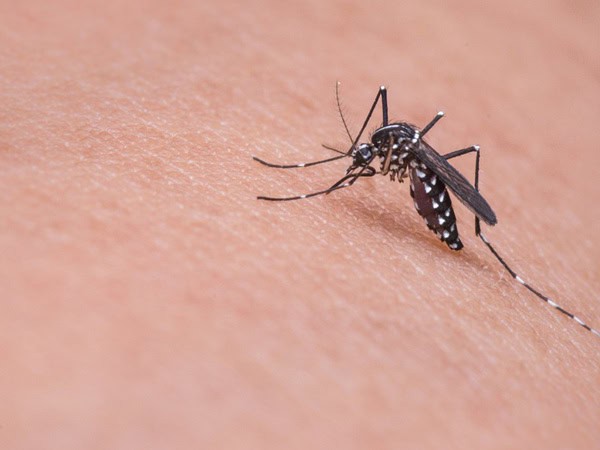Washington: A medication used to prevent and treat malaria has the potential to fight the deadly Zika virus, according to a recent study.
The drug, called chloroquine, has a long history of safe use during pregnancy, and is relatively inexpensive.
“There is still an urgent need to bolster our preparedness and capacity to respond to the next Zika outbreak,” said co-senior author Alexey Terskikh. “Our latest research suggests the anti-malaria drug chloroquine may be an effective drug to treat and prevent Zika infections.”
The researchers at Sanford Burnham Prebys Medical Discovery Institute (SBP) and UC San Diego School of Medicine examined the effect of chloroquine in human brain organoids and pregnant mice infected with the virus, and found the drug markedly reduced the amount of Zika virus in maternal blood and neural progenitor cells in the fetal brain. Pregnant mice received chloroquine through drinking water in dosages equivalent to acceptable levels used in humans.
“Our research is the first to study Zika infection in a mouse model that transmits the virus in a way similar to humans,” explained co-senior author Alysson R. Muotri. “Until now, researchers used a mouse strain that is deficient in interferon–a signaling protein that heightens anti-viral defenses. Those mice actually die from Zika infection, making it difficult to study the natural transmission of the virus from father and mother to fetus and to assess the effect of this transmission on the newborns.”
“We believe our mouse model more accurately represents the way Zika virus infects men, women and babies while in the womb,” added Terskikh. “Although chloroquine didn’t completely clear Zika from infected mice it did reduce the viral load, suggesting it could limit the neurological damage found in newborns infected by the virus.”
“In the 1950’s, the Brazilian health agencies added chloroquine into cooking salt and distributed it to the population in endemic areas as an effective way of spreading the inexpensive anti-malarial drug as a prophylactic on a wide scale. This strategy was known as Pinotti’s Method, named after its originator Dr. Mario Pinotti. It might be worth considering this medicated salt program one more time in Brazil”, suggests Muotri.
Terskikh concluded that additional studies are certainly needed to determine the precise details of how it works. But given its low cost, availability and safety history further study in a clinical trial to test its effectiveness against Zika virus in humans is merited.
The research is published in Scientific Reports. (ANI)
This anti-malaria drug may be new weapon against Zika

